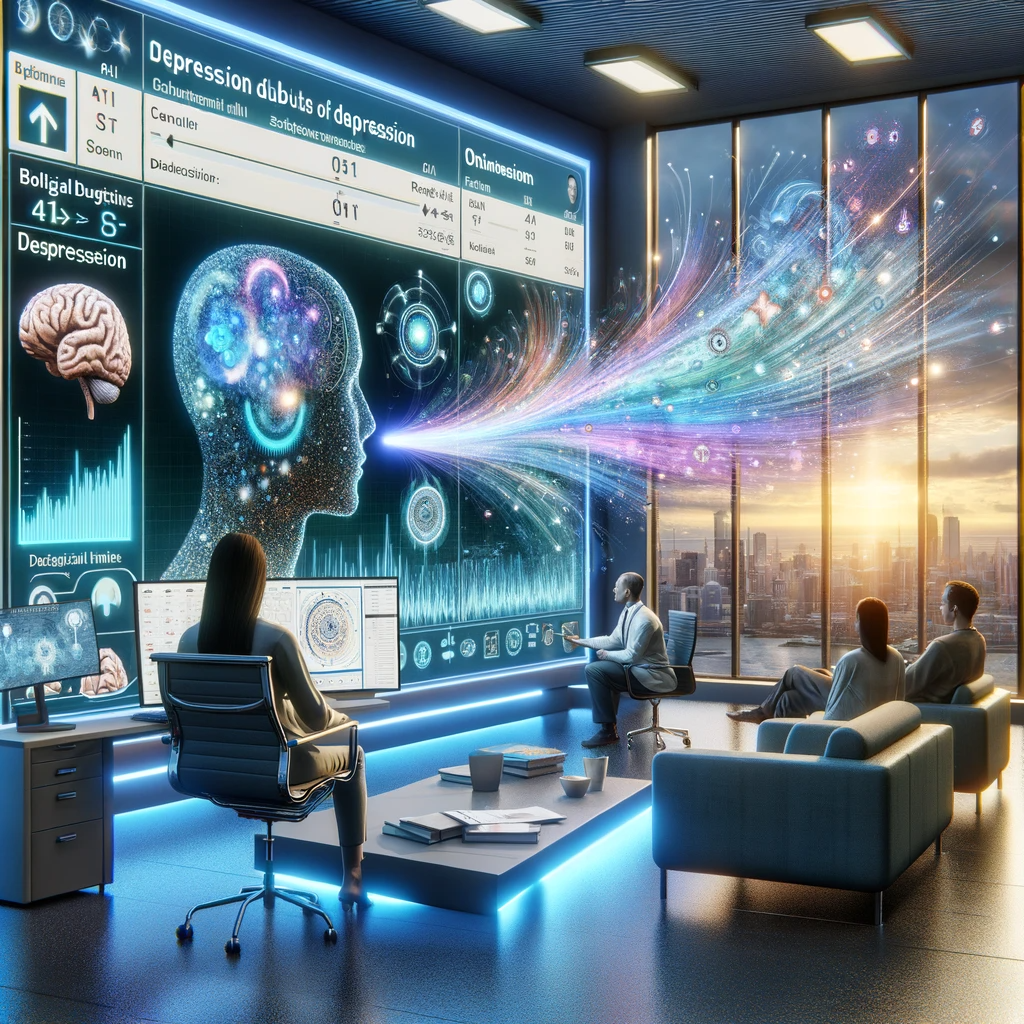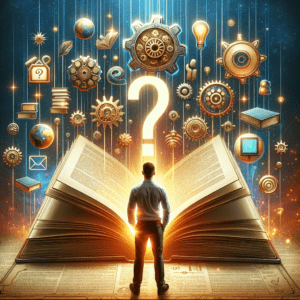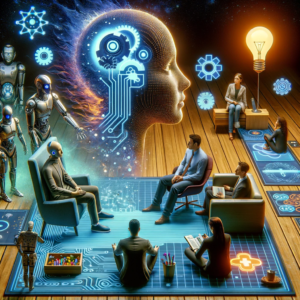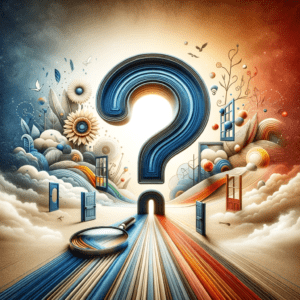We are currently living in a world where children can create innovative disruptive billion-dollar applications without any knowledge of coding, thanks to AI. Or, where advanced coders can leverage AI terabytes of neuroscientist literature to solve autism, such as the situation a hedge fund manager and CEO of open source Stability AI Emad Mostaque. Or, in the case of Mariam Khayretdinova, where mental health enthusiasts can solve depression.
Depression Resources by ACA
The current state of mental health diagnosis, with depression being one of the most common disorders in the U.S., highlights major limitations of our traditional, subjective therapeutic methods. The National Institute on Mental Health defines depression as a serious mood disorder with severe symptoms affecting daily activities that can last for at least two weeks. The ACA provides resources that emphasize the treatability of even severe depression cases and expresses how counselors are vital in helping clients. Resources include best evidence-based practices, courses and peer-reviewed approaches (only available to paying ACA members of course) that are several pages long. My question is though, what does it mean if AI can access all of this information and in itself become a resource to counselors and the public, for free?
Diagnosing Depression Today
Mariam Khayretdinova’s TEDxBoston talk below discusses how despite advancements in many medical fields, psychiatry predominantly relies on subjective methods, leading to many misdiagnoses, especially as one in five U.S. adults is diagnosed with major depressive disorder. Current treatments often involve trial-and-error approaches with intense medications, even though we barely understand the brain and don’t obtain much biological data from our clients. Is this really the best “ethical” practice counselors and psychiatrists should accept when AI and machine learning are capable of analyzing extensive biological data to provide a nuanced understanding of an individual’s mental state?
Decoding Depression: How AI is Revolutionizing Mental Health | Mariam Khayretdinova | TEDxBoston – YouTube
Biological Investigation Before Psychological? The Article: Treating depression and anxiety By Laurie Meyers
The Amen Clinic has long advocated for prioritizing brain scans and delving into biology and brain chemistry to holistically understand clients before resorting to talk therapy and symptom-based diagnoses, a method often dictated by insurance companies rather than scientific literature. The article aligned with the Amen Clinic’s approaches. It explains that 25% of U.S. adults face depression or anxiety and over half of them don’t receive any mental health services. Therapists like Beth Patterson and Lori Russell-Chapin are integrating techniques like mindfulness practices, epigenetics, and neurocounseling to address these issues. Also, Vanessa McLean’s brain-based psychoeducation and Laura Hensley Choate’s insights into the gender-specific challenges in mental health highlight why more specific approaches are necessary.
Final Thoughts
With the rise of AI, which holds the potential to pinpoint distinct depression subtypes, I believe we’re on the brink of a transformative era in mental health counseling and that there will be a heavy emphasis on AI to conduct more accurate diagnoses, challenging and reshaping our traditional intake processes to incorporate technologies that offer preventive and diagnostic solutions. As counselors, it’s crucial to not only stay updated but to always value the most effective ethical approaches, especially with resources like those from the American Counseling Association enriching our understanding of depression, ensuring we provide the best care in a more culturally and holistically competent manner.






